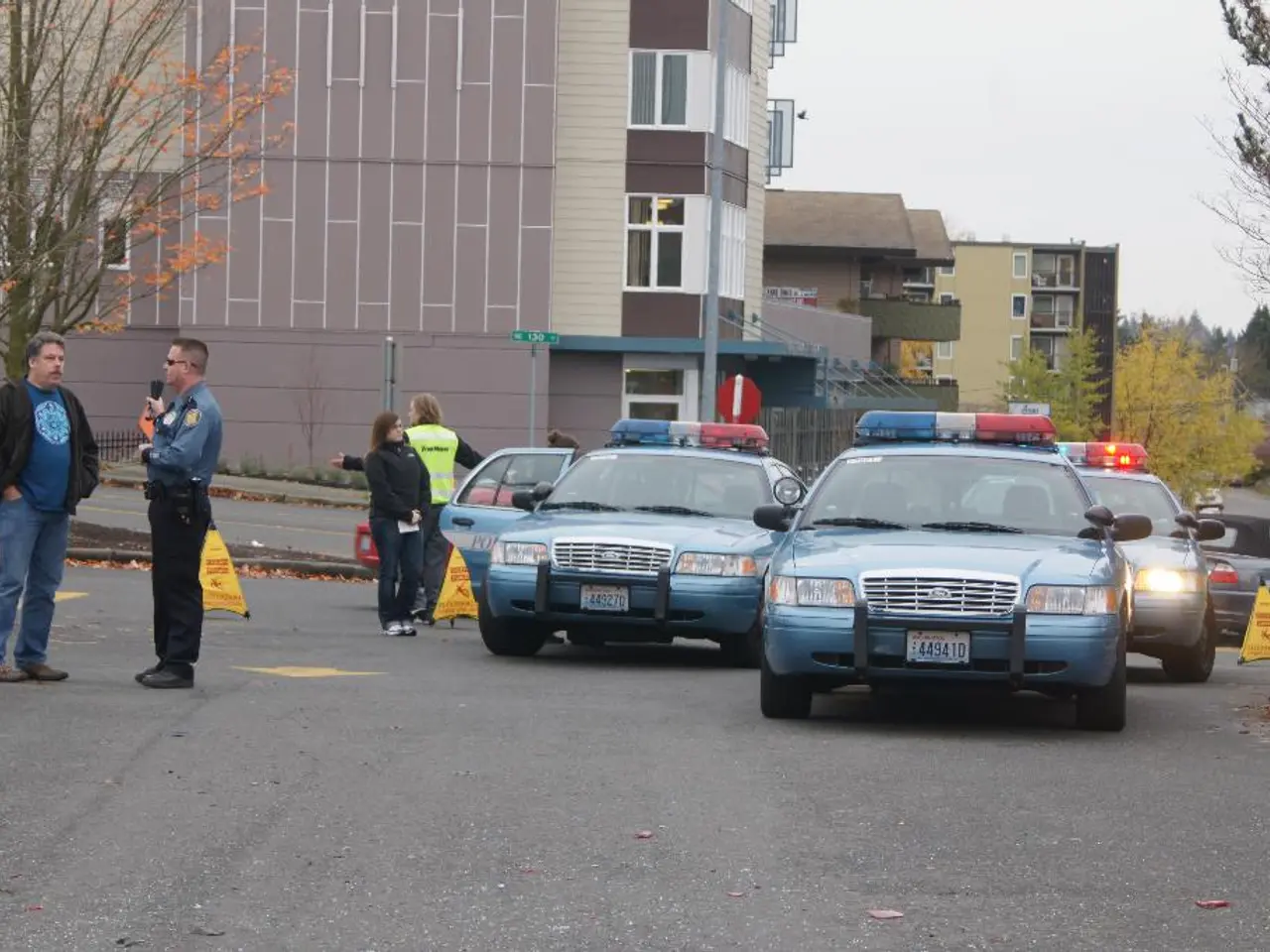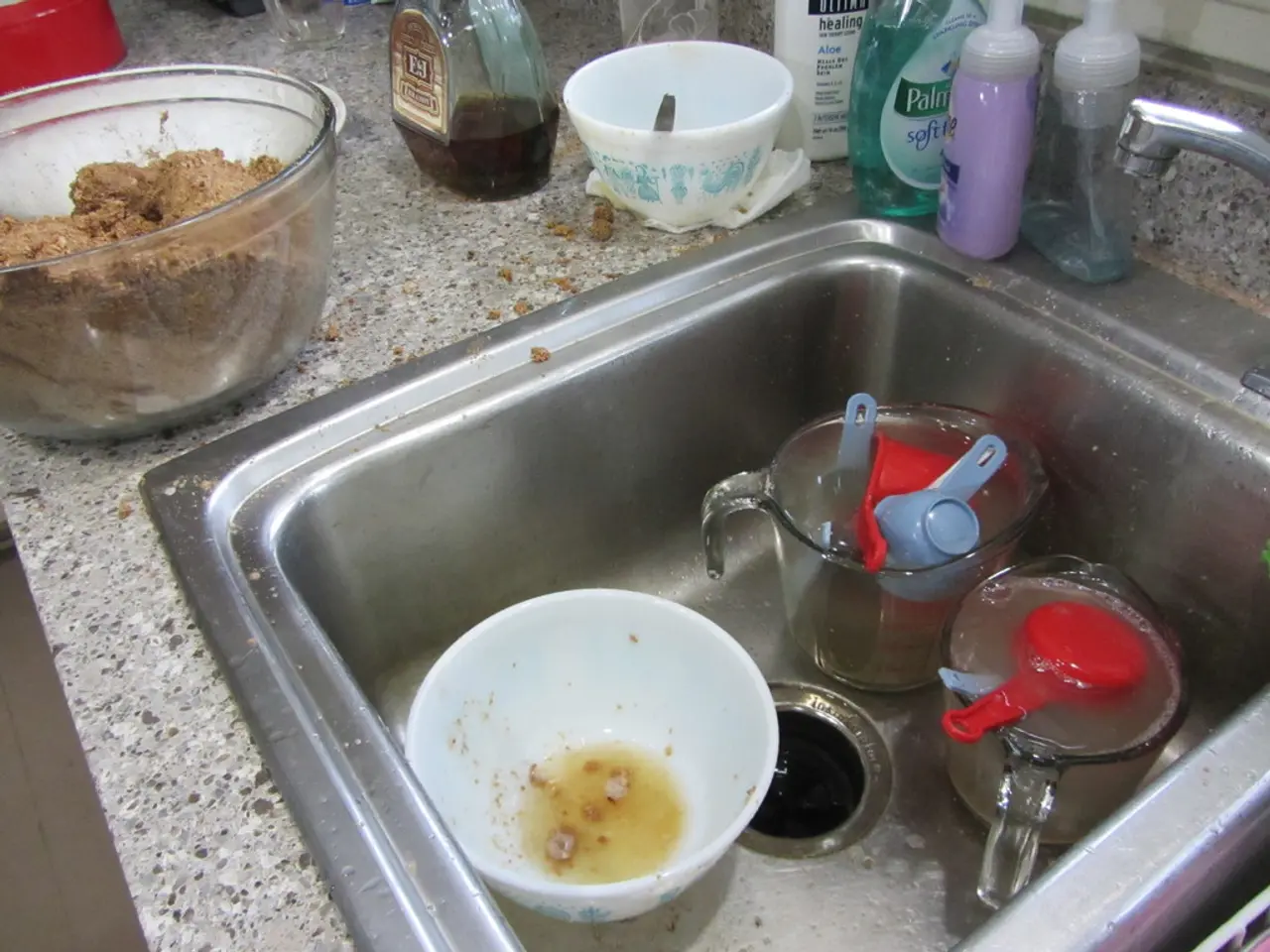Increased traffic accidents in Berlin linked to the growing trend of laughing gas use, according to police warnings
In recent times, there has been a growing concern about the recreational use of laughing gas, or nitrous oxide (N2O), among youth in Germany. This issue has prompted regulatory responses, particularly in Berlin, though direct data linking it to increased traffic accidents in the city was not readily available.
Originally used as an anesthetic, nitrous oxide can be inhaled for a short-lasting high, leading to its misuse. Some municipalities have already imposed bans on its sales, and the Berlin Police Union has reported an increase in dangerous traffic accidents. Neurologists warn that nitrous oxide can lead to severe neurological damage and blood disorders, and studies show effects like spinal and nerve damage after prolonged use.
The increase in accidents is thought to be linked to young drivers consuming laughing gas while driving. The incidents of accidents involving nitrous oxide are increasingly causing serious injuries. However, detecting its use on the road poses a challenge for police due to it leaving the bloodstream within an hour.
As a response to these concerns, Germany is moving to ban the recreational use of nitrous oxide by individuals under 18 years old as of early July 2025. This measure, which suggests growing awareness of potential health and safety risks, including possible traffic safety concerns related to impairment, is likely part of efforts to reduce related traffic incidents and substance misuse risks.
Health Minister Karl Lauterbach (SPD) also plans to restrict sales of nitrous oxide, particularly to minors. This proposed age restriction is a significant step towards addressing the issue, as broader public health context shows the German and European authorities are increasingly concerned about air quality and pollution related to transportation.
While nitrous oxide is currently legally available and often sold in Spätis in Germany, countries like the UK, the Netherlands, Denmark, and Switzerland have outlawed or restricted laughing gas sales. As the situation evolves, monitoring updates from German traffic safety authorities or health ministries might provide specifics on accident data and additional regulatory steps concerning nitrous oxide use and road safety in Berlin.
Nitrous oxide, often used recreationally as laughing gas, has been identified as a potential threat to mental health, health-and-wellness, and traffic safety. The German government's plan to ban its recreational use by individuals under 18 and Health Minister Lauterbach's proposed age restriction on sales are indications of growing concern about the substance's associated health and safety risks, including its impact on traffic accidents.




